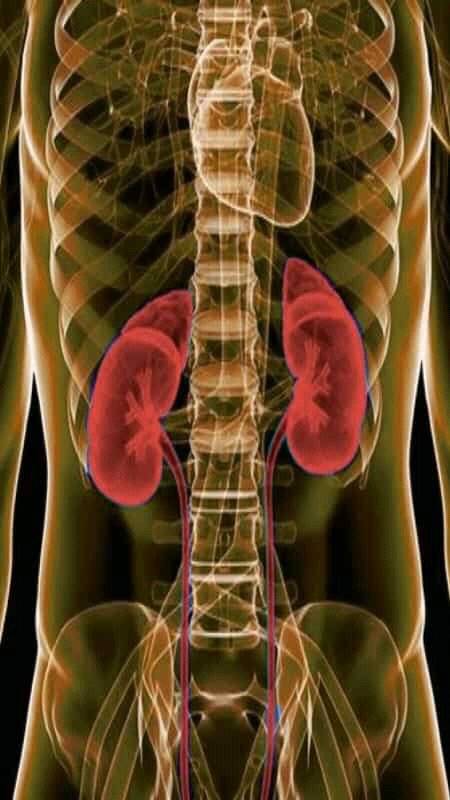Diet plays a crucial role in managing various health conditions, and staying away from certain foods is often essential to prevent exacerbating symptoms or complications. Here's a guide to some common diseases or health conditions and the foods that individuals should avoid or limit in their diets.
**1. Diabetes:**
- **Sugary Foods:** Refined sugars found in candies, sugary beverages, and desserts can cause blood sugar spikes. Limit these to maintain stable blood glucose levels.
- **White Bread and Pasta:** These high-glycemic foods can lead to rapid blood sugar increases. Opt for whole-grain alternatives.
- **Saturated Fats:** Foods like red meat, fried items, and full-fat dairy can worsen insulin resistance. Choose lean proteins and low-fat dairy.
**2. Heart Disease:**
- **Trans Fats:** These are found in many processed and fried foods. Read labels to avoid trans fats, as they can raise bad cholesterol levels.
- **Sodium:** High-sodium foods like processed meats, canned soups, and fast food can elevate blood pressure. Opt for low-sodium alternatives.
- **Excessive Red Meat:** Limit the consumption of red and processed meats, as they are associated with heart disease. Choose fish, poultry, and plant-based protein sources.
**3. High Blood Pressure (Hypertension):**
- **Sodium:** Reducing salt intake is crucial. Avoid canned and processed foods high in sodium. Opt for fresh, whole foods prepared with herbs and spices for flavor.
- **Caffeine:** Some individuals are sensitive to caffeine, which can temporarily raise blood pressure. Monitor your caffeine intake from coffee, tea, and energy drinks.
**4. Celiac Disease:**
- **Gluten-Containing Foods:** People with celiac disease should strictly avoid foods with gluten, such as wheat, barley, and rye. Opt for gluten-free grains like rice, quinoa, and corn.
**5. Irritable Bowel Syndrome (IBS):**
- **High-FODMAP Foods:** FODMAPs (fermentable oligosaccharides, disaccharides, monosaccharides, and polyols) can trigger IBS symptoms. These include certain fruits, vegetables, and dairy products. A low-FODMAP diet might be recommended.
**6. Kidney Disease:**
- **High-Potassium Foods:** In advanced stages of kidney disease, high-potassium foods like bananas, oranges, and potatoes should be limited.
- **High-Phosphorus Foods:** Foods rich in phosphorus, such as dairy, nuts, and colas, can be restricted in later stages of kidney disease.
**7. Celiac Disease:**
- **Gluten-Containing Foods:** People with celiac disease should strictly avoid foods with gluten, such as wheat, barley, and rye. Opt for gluten-free grains like rice, quinoa, and corn.
**8. Acid Reflux (GERD):**
- **Spicy and Acidic Foods:** These can trigger heartburn and worsen acid reflux symptoms. Avoid citrus fruits, tomatoes, and spicy dishes.
- **Fatty Foods:** High-fat meals can relax the lower esophageal sphincter, leading to reflux. Limit fried foods and fatty cuts of meat.
**9. Gout:**
- **Purine-Rich Foods:** Gout is linked to excess uric acid, so limiting purine-rich foods like red meat, organ meats, and certain seafood can help manage the condition.
- **Alcohol:** Beer, in particular, is associated with gout attacks. Moderation is advised.
**10. Food Allergies:**
- **Specific Allergens:** Individuals with food allergies should completely avoid their allergen triggers. Common allergens include peanuts, tree nuts, shellfish, and dairy.
In all cases, it's crucial to consult with a healthcare professional or a registered dietitian who can provide personalized dietary recommendations based on individual health needs. Additionally, balanced, whole-food diets rich in fruits, vegetables, lean proteins, and whole grains are generally recommended for promoting overall health and wellbeing. It's essential to focus on what you can eat to maintain a nutritious and satisfying diet while avoiding foods that may exacerbate your specific health condition.




No comments yet
Be the first to share your thoughts!